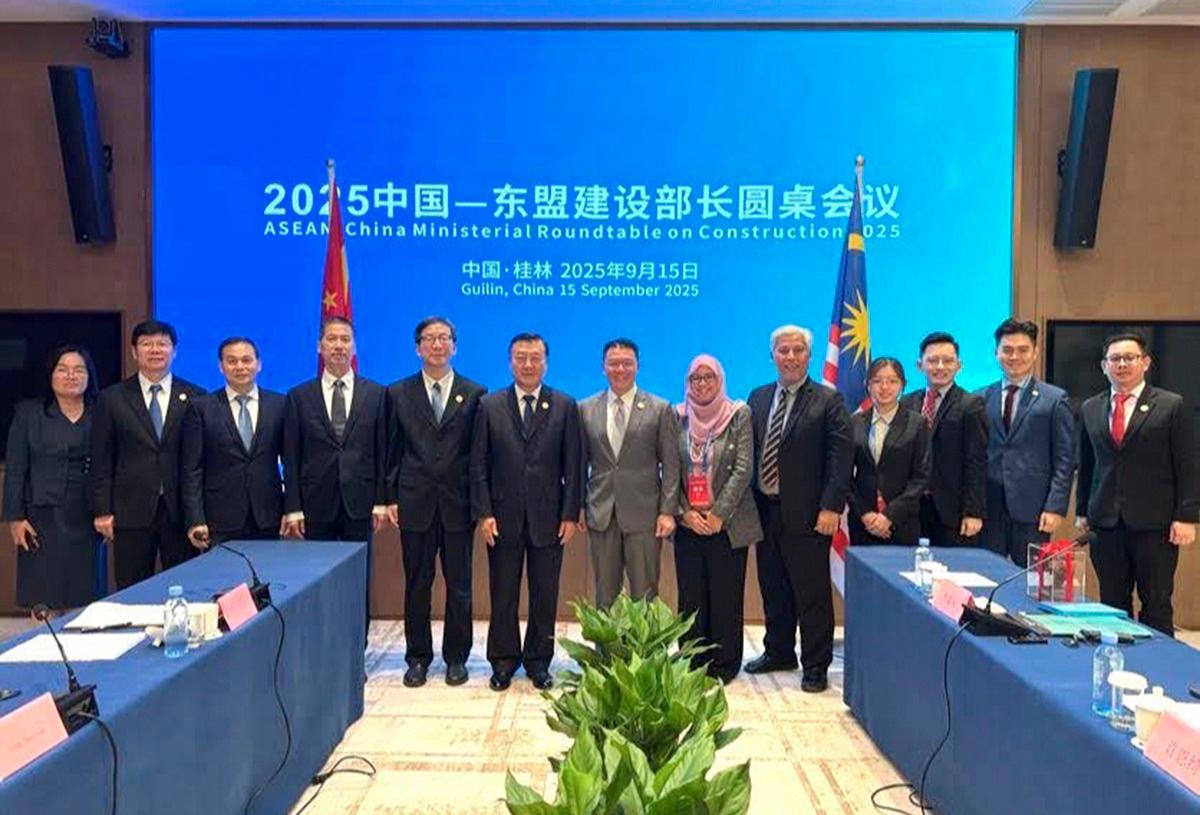PETALING JAYA: Malaysia and China have agreed to boost cooperation in smart city development, with plans to roll out command centres in second-tier cities such as Ipoh and Seberang Perai.
The move was announced following a bilateral meeting between Housing and Local Government Minister Nga Kor Ming and China’s Housing and Urban-Rural Development Minister Ni Hong, held on the sidelines of the Asean-China Ministerial Roundtable on Construction.
The partnership will draw on China’s experience with advanced urban platforms, including Hangzhou’s City Brain and Shenzhen’s Smart City Data Platform, to pilot projects in Malaysia. These will feature smart infrastructure, energy-efficient systems, digital connectivity, green technologies and housing solutions designed for both elderly residents and families.
“These projects will act as living laboratories for testing smart technologies, sustainable designs and community-focused housing models.
“Through collaboration with China, we can adapt proven solutions to local contexts, from
AI-driven housing management to affordable housing options for middle-and low-income groups.”
Nga also invited China to participate in the Asean+3 Real Estate Conference 2026 in Kuala Lumpur, which will for the first time see South Korea and Japan joining as strategic partners.
He proposed an exchange programme for Malaysian and Chinese officials to share expertise in planning and policy, stressing the need to translate collaboration into concrete projects.
As UN-Habitat Assembly president, Nga called on China to play a bigger role in advancing the global urban agenda through funding and policy support, including weaving the New Urban Agenda into the UN Framework Convention on Climate Change.
The document will be launched at the Fourth Ministerial Meeting on Urbanisation and Climate Change on Nov 11.
“Urban challenges no longer stop at national borders. Malaysia is ready to work with China and the global community to ensure no one and no place is left behind in achieving the Sustainable Development Goals and the 2030 Agenda,” Nga said.









